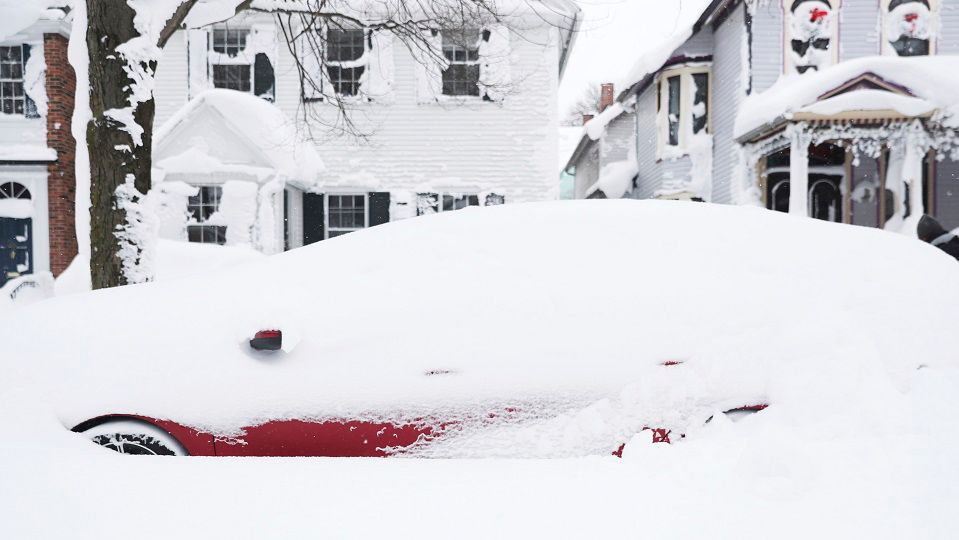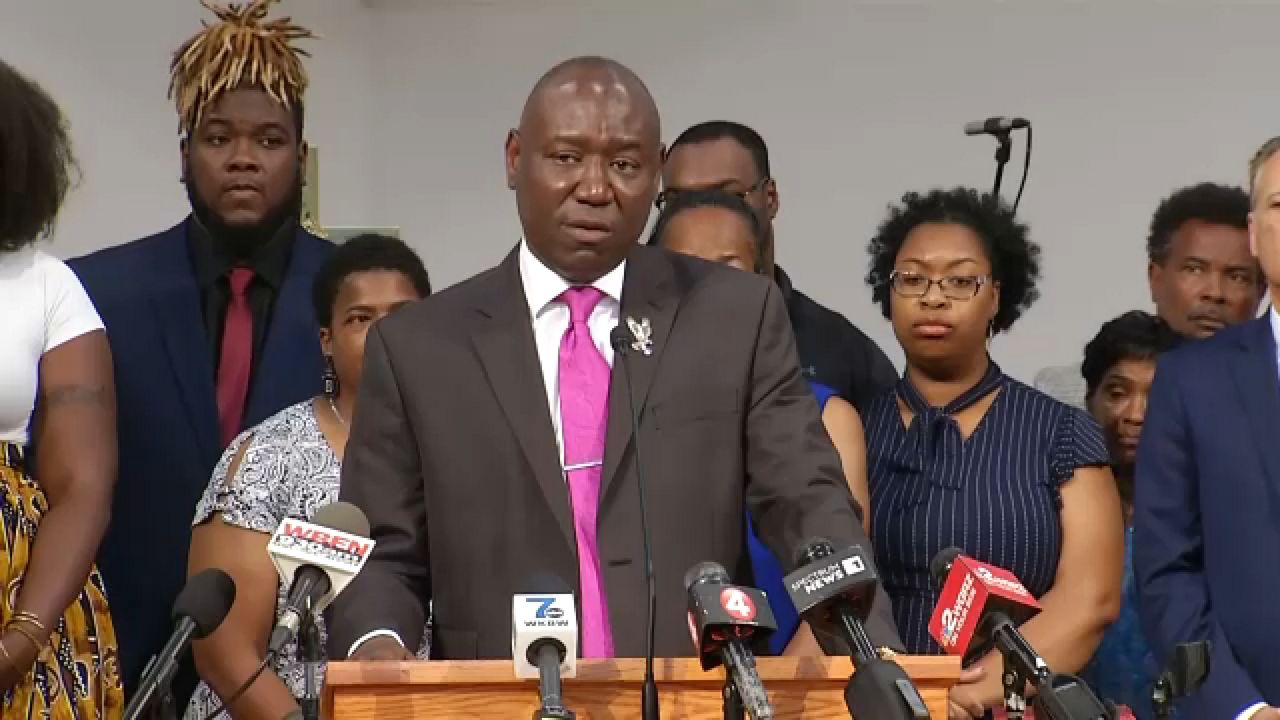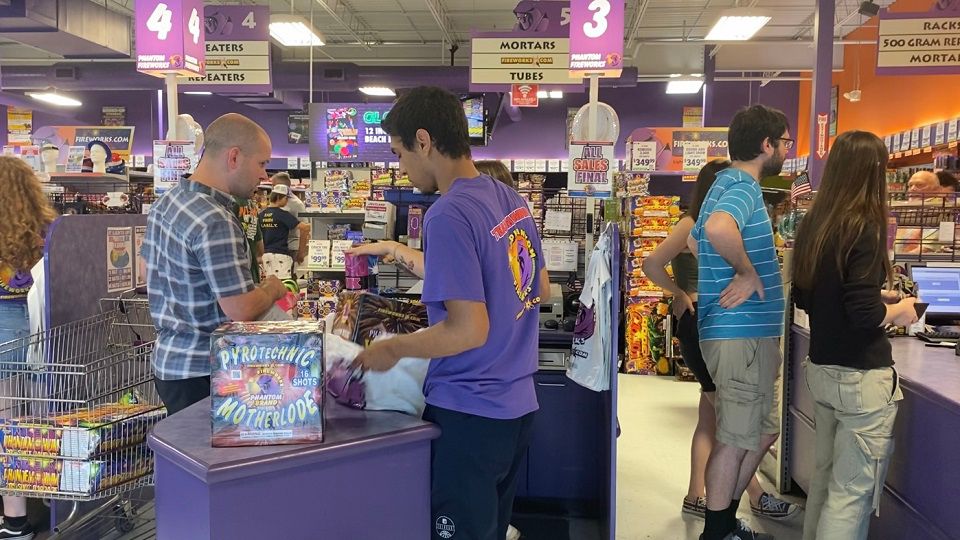As the war rages in the Middle East, the public is seeing the images of families being forced out of their homes and the loss of life, and many want to help. But it's important to be careful when doing that.
So far, the Better Business Bureau hasn't had any scams reported to them. However, that doesn't mean they aren't out there.
The BBB says when giving to an organization, see if they have a presence in Israel or Gaza. Next, if you get a link in an email, or see something on social media, the BBB says double check two things.
The first is the logo. Scammers tend to alter those. Next, check the URL. The BBB says those get altered a lot, too. Look to see if the http at the beginning of the address has a lock symbol. That's one way to know a site is secure.
Then there's crowdfunding. It's super popular, making it an easy way to get scammed. Make sure you are familiar with who you are giving to and that it's not just some page circling on social media.
The biggest piece of advice from the BBB involves how you pay.
"If you are going to donate online, make sure you use a credit card, because if you do, unfortunately, run into a scam, that's going to be your best shot at getting your money back, because typically your credit card company will allow you to dispute the charges," said Katarina Schmieder, communications director for the Better Business Bureau of Upstate New York.
BBB has a charity tracker. It's as simple as looking up an organization at Give.org. There are also tips on that same page with more information on how to safely help those impacted by the Israel-Hamas war. It goes over social media scams, clothing, as well as food donations.
If you come across a scam, you can report it at BBB.org. By doing this, it will help others and help you navigate the next steps.









